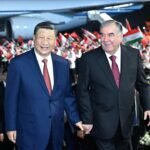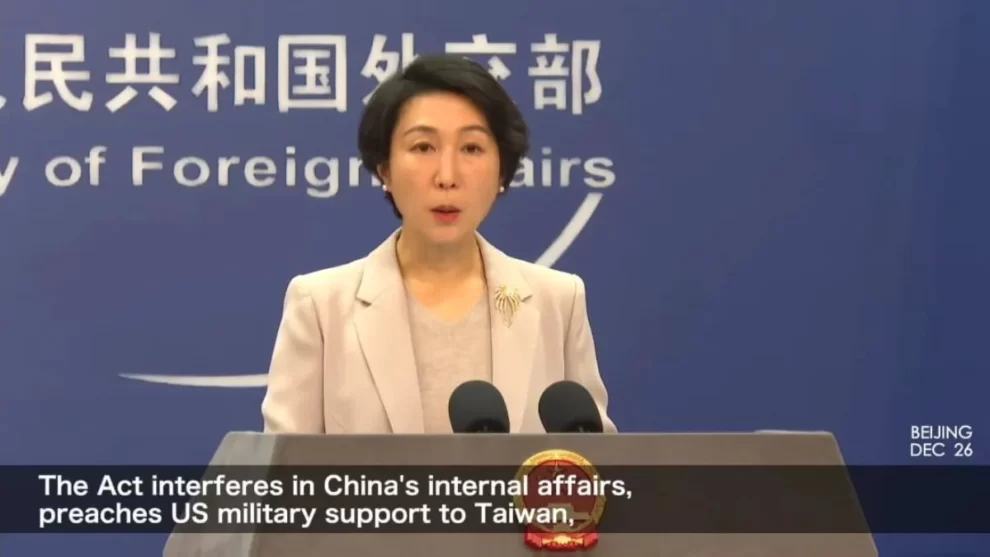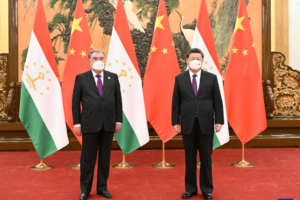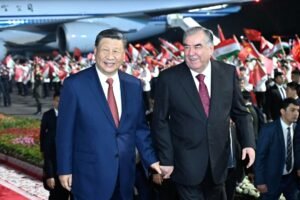The National Defense Authorization Act (NDAA) for the Fiscal Year 2024, a key United States federal law outlining budget and spending for the Department of Defense, has drawn strong reactions from China. The NDAA, known for shaping military strategy and policy annually, contains certain provisions that have incited a vocal opposition from China. Though the specifics of the contentious provisions remain undisclosed, such legislative documents often contain measures that concern foreign governments, particularly in the realm of military and strategic competition.
China’s Opposition
China’s vehement response, characterized by ‘strong dissatisfaction and firm opposition,’ signifies a major disagreement with the U.S. policies in relation to China. The source of this reaction is likely rooted in concerns over issues such as arms sales to Taiwan, U.S. military operations in the South China Sea, or other strategic stances that the U.S. might take against Chinese interests. It’s worth noting that this development forms part of the ongoing geopolitical tensions between the two countries, which often find themselves at odds over security, economic, and diplomatic policies.
Implications and Retaliations
In response to the NDAA, China has imposed sanctions on a U.S. research company and two analysts for their reporting on human rights abuses against Uyghurs and other Muslim minority groups in Xinjiang. These sanctions include travel bans, asset freezes, and prohibitions on transactions or cooperation with them in China. This move is seen as retaliation for a U.S. government report on human rights in Xinjiang, which China denies. The U.S., in the past, has imposed visa bans and other sanctions on Chinese officials, leading to escalating tensions between the two nations.
China’s Stance on Taiwan
The NDAA’s provisions, according to China, manipulate the Taiwan question and advocate for strategic competition with China, thereby interfering in China’s internal affairs. China stresses that the Taiwan question is a core interest and emphasizes that reunification is inevitable. Chen Binhua, a spokesperson for the Taiwan Affairs Office of the State Council, has expressed China’s strong dissatisfaction and firm opposition to the NDAA for containing negative Taiwan-related content. Chen stated that the U.S. interference in the Taiwan question violated the one-China principle and the three Sino-US joint communiqués, causing harm to the peace and stability of the Taiwan Strait.
Source: BNN Breaking











